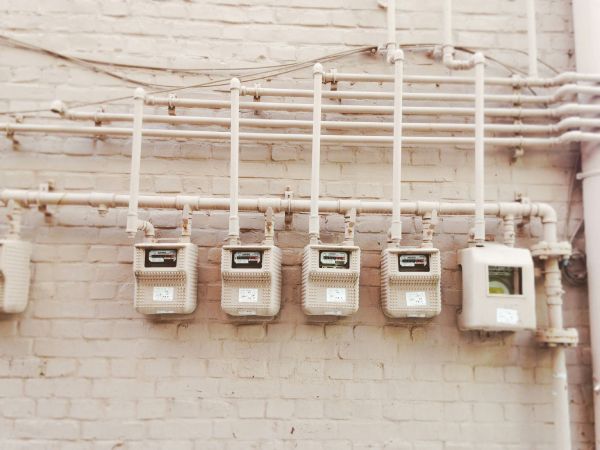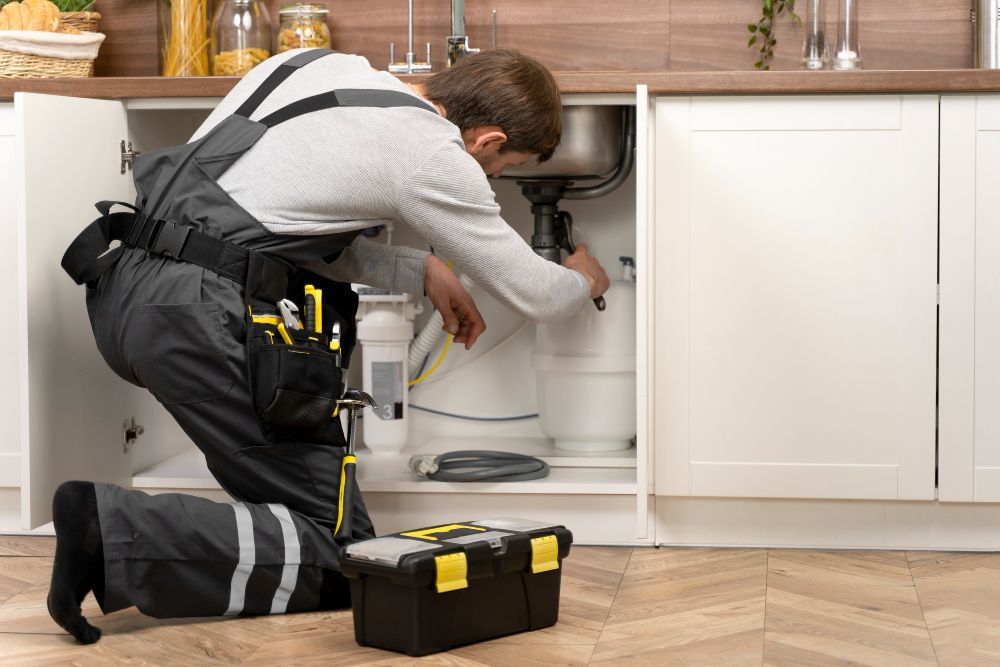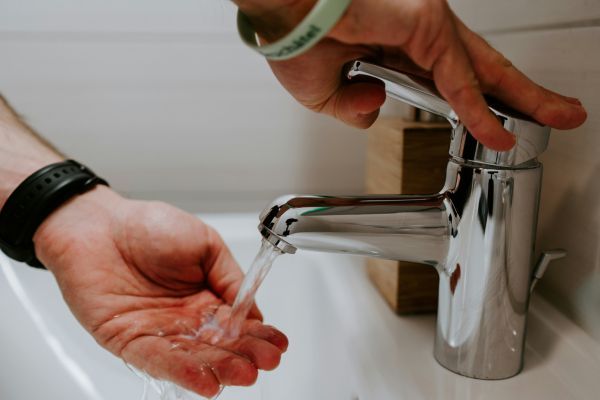Master Plumbers Blog
5 Water Conservation Strategies for Small Businesses
Water conservation is an increasingly crucial issue for small businesses in New Zealand and around the world. With climate change impacting water availability and costs, businesses are finding that efficient water management has become both an environmental responsibility and a practical necessity.
However, navigating water conservation can be challenging for small businesses. This is in large part due to factors like limited budgets for infrastructure upgrades and insufficient knowledge of water-efficient practices. There’s also the complexity of implementing changes in daily operations without disrupting business activities to contend with. These hurdles often require tailored solutions and guidance to overcome effectively.
The good news is that there are straightforward and effective strategies that smaller businesses can seamlessly integrate into daily operations. These approaches, as simple as they are, bring about substantial savings on water bills and contribute positively to environmental conservation. By understanding and implementing these strategies, small businesses in New Zealand can play a significant role in the broader global effort to conserve water.
Assess Your Current Water Usage
The journey towards water conservation begins with a thorough water audit to help you understand where and how your business uses water. A water audit involves analysing all aspects of water use within your business—from the restrooms and kitchen areas to any manufacturing processes that may use water. By identifying your business’s water usage, you can pinpoint areas of high consumption and potential waste.
If your business requires the skill and expertise of professional
plumbers, Dunedin and other major cities are home to a wealth of skilled professionals who can conduct thorough evaluations. These experts will help you understand your water footprint and suggest specific areas for improvement. Moreover, they can assist in implementing some of the changes that you need.

Assess Your Current Water Usage
The journey towards water conservation begins with a thorough water audit to help you understand where and how your business uses water. A water audit involves analysing all aspects of water use within your business—from the restrooms and kitchen areas to any manufacturing processes that may use water. By identifying your business’s water usage, you can pinpoint areas of high consumption and potential waste.
If your business requires the skill and expertise of professional
plumbers, Dunedin and other major cities are home to a wealth of skilled professionals who can conduct thorough evaluations. These experts will help you understand your water footprint and suggest specific areas for improvement. Moreover, they can assist in implementing some of the changes that you need.
Replace Existing Fixtures with Low-Flow Alternatives
One of the most immediate actions a business can take following a water audit is to install low-flow toilets, faucets, showerheads, and other fixtures. These are designed to use significantly less water than standard models without sacrificing functionality. For instance, a low-flow toilet can save up to six litres per flush compared to older models; this adds up to substantial savings over time.
These fixtures don’t just reduce your business’s water consumption either, but also substantially bring down your water bills. In fact, the investment in low-flow fixtures often pays for itself through savings within a few months to a year. In addition, customers and employees increasingly value environmentally responsible practices, so this shift can also enhance your business's image. Simple changes in fixtures can set the tone for a culture of sustainability within your business and demonstrate a commitment to environmental stewardship.

Fix Leaks Promptly
A crucial aspect of water conservation for small businesses is the prompt and efficient repair of leaks. In particular, small leaks are often underestimated for their impact but can actually account for a substantial amount of water waste. A dripping faucet or a leaking toilet can waste hundreds, if not thousands, of litres of water per year. Hence, it’s in your business’s best interest to identify these issues through regular maintenance checks and address them as soon as they arise.
Addressing leaks conserves water and also helps maintain the integrity of your plumbing systems, which will ultimately save on potentially costly repairs. Encourage your staff to report leaks and train them on basic leak detection. Simple actions like regularly checking faucet washers and gaskets for wear and tear and replacing them when needed can prevent leaks from escalating. For more significant repairs or installations, don’t hesitate to call in professional plumbers for a prompt resolution.
Educate Your Staff
Staff education and engagement are often overlooked but vital strategies in water conservation. Empowering your employees with knowledge and responsibility towards water conservation can help cut your business’s unnecessary water usage by a large margin. Simple practices like turning off taps properly, using minimal water for cleaning tasks, and being vigilant about leaks can collectively make a substantial difference.
Organise regular training sessions to educate your staff on the importance of water conservation and practical ways to achieve it. Also, encourage them to come up with their own suggestions for saving water. Creating a culture of sustainability within your business not only contributes significantly to water conservation but also nurtures a sense of responsibility and teamwork within your organisation. This positive culture can have positive effects beyond environmental impact, particularly in the areas of employee engagement and job satisfaction.

Implement Water-Efficient Cleaning Methods
Replacing traditional cleaning methods with water-efficient alternatives is another effective water conservation strategy. Instead of using a hose for washing floors, which can use a large amount of water, opt for sweeping or mopping. If water is absolutely required, use it sparingly and efficiently. If your business relies on water-intensive cleaning processes, invest in high-efficiency appliances like water-saving dishwashers or washing machines for significant water savings.
Additionally, using cleaning products that require less water or reusing rinse water for initial washes can also help in your water conservation efforts. These practices will both reduce the water footprint of your business and also decrease the overall time and effort your staff spends on cleaning activities.
Embracing water conservation is more than a practical business decision; it's a commitment to a sustainable future. Small steps by your organisation can collectively lead to significant impacts, which only underscores the power each business holds in shaping a more responsible and water-wise world.





